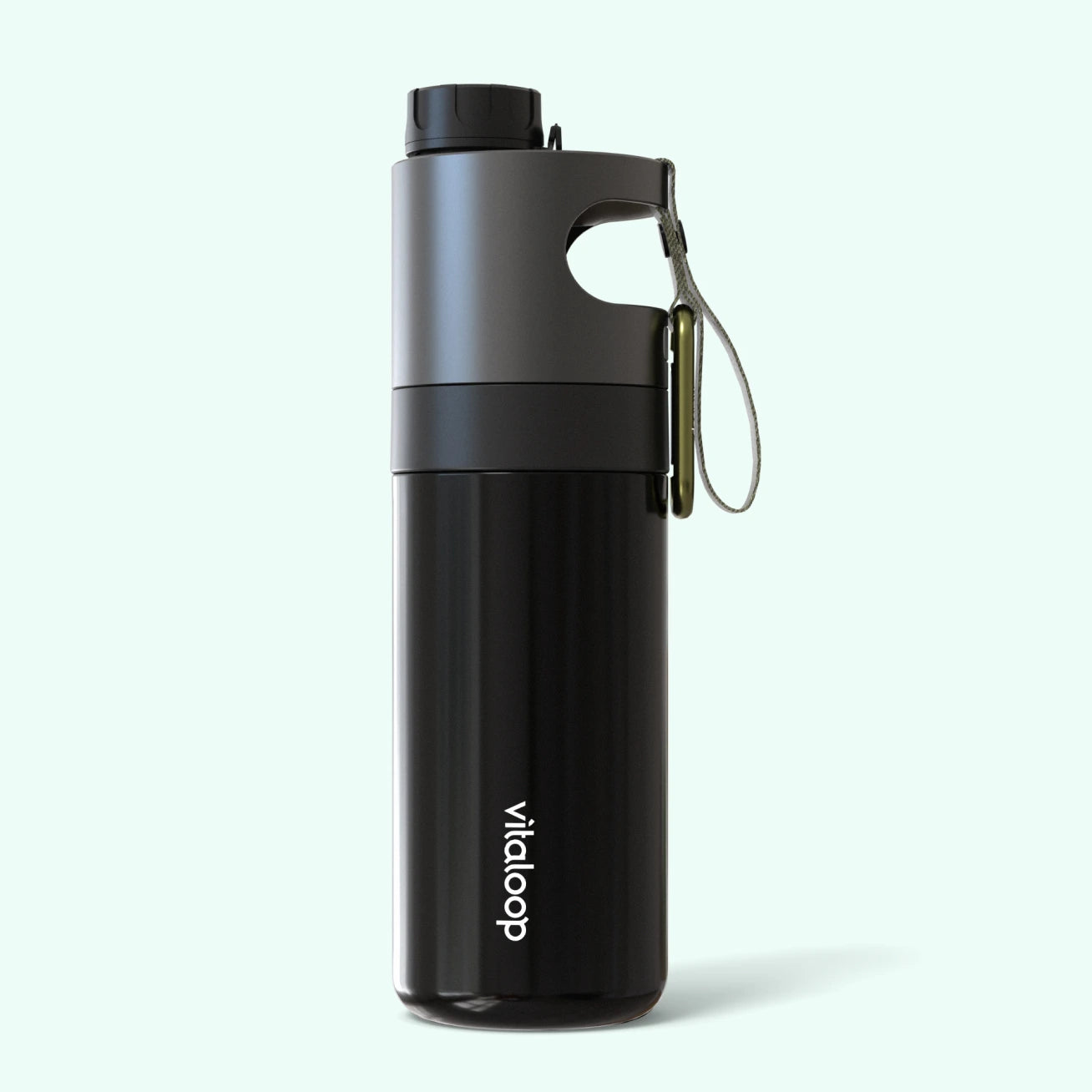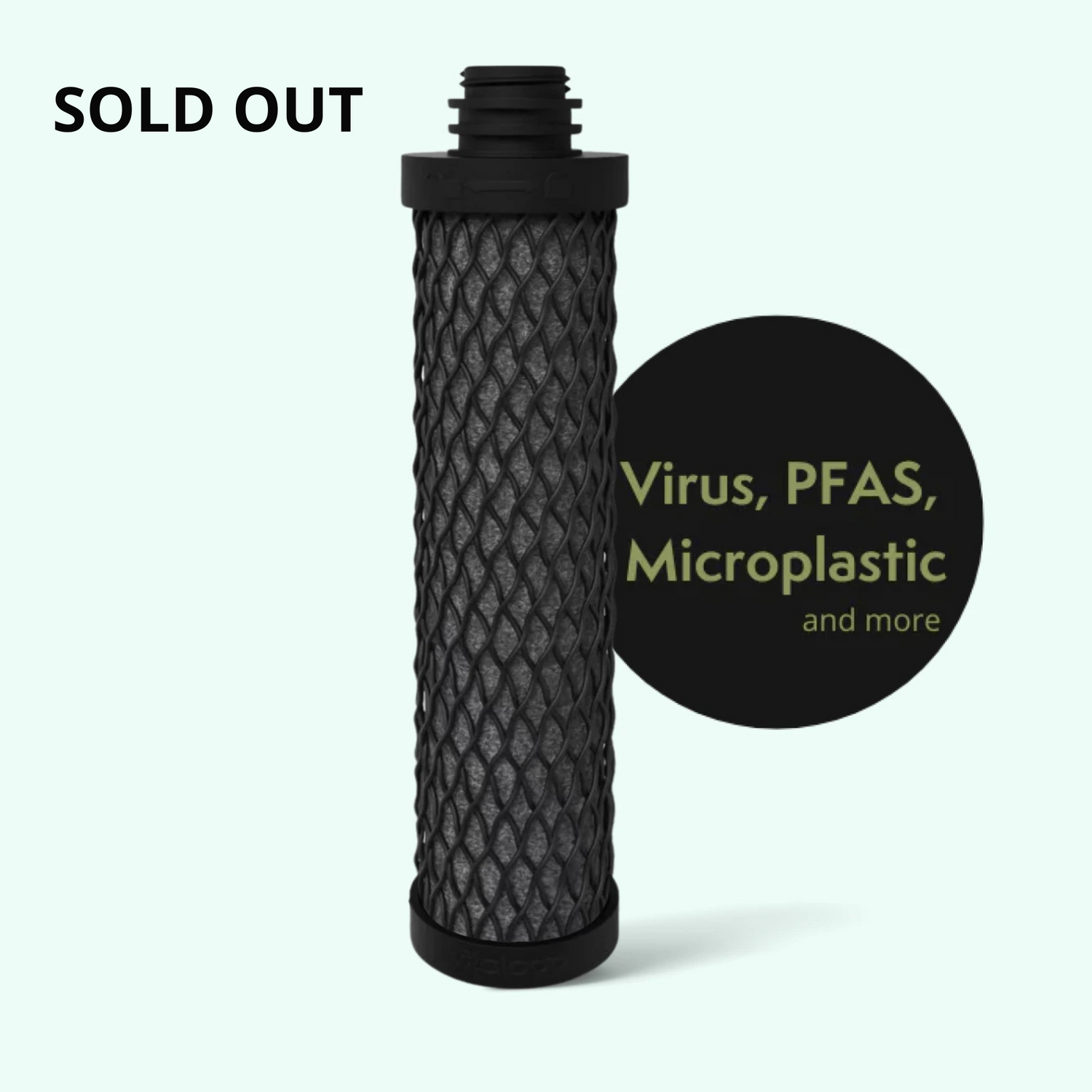Separating Myths from Facts: Understanding the True Risks of Tap Water
Water is (no surprise) an essential part of our daily lives, and tap water is a common source of hydration. However, there are many myths and misconceptions out there that can make people hesitant to drink from the tap. In this blog post, we'll dive into the potential dangers of drinking tap water, dispel common myths, and show you how to make informed decisions about your hydration. So, let's get started and quench our thirst for knowledge about tap water!
Myth #1: Tap water is always safe to drink.
Fact: In the United States, tap water is generally safe to drink. The Environmental Protection Agency (EPA) has set strict standards for tap water quality, and public water systems are required to test and treat the water to ensure it meets these standards. However, there are some exceptions, and some areas have water sources that are more contaminated than others. For example, water sources near agricultural or industrial areas may contain higher levels of pesticides or chemical pollutants. Additionally, older homes may have lead pipes, which can leach lead into the water supply. You can always find information about the quality of your local tap water by contacting your local water utility or by checking the EPA's Safe Drinking Water Information System.Some common contaminants in tap water include lead, chlorine, arsenic, and nitrates, among others. These contaminants can come from a variety of sources, including agricultural runoff, industrial pollution, and outdated plumbing systems. While water treatment plants are required to remove many of these contaminants, some may still be present in low levels in the water that comes out of your tap.
Myth #2: Filtered water is always better than tap water.
Fact: While it's true that certain filtration systems can remove impurities from tap water and improve its taste, not all filters are created equal. Some types of filters may not be effective at removing certain contaminants, while others may remove beneficial minerals and nutrients from your water.For example, reverse osmosis filters are known for removing minerals such as calcium and magnesium from the water, which can affect the taste and potentially lead to deficiencies if not replaced in the diet.
Myth #3: Bottled water is always better quality than tap water.
Fact: While bottled water is often marketed as being pure and superior to tap water, this is not always the case. In fact, many brands of bottled water are simply tap water that has been filtered and packaged in plastic bottles. Some studies have even found that bottled water may be less regulated and less safe than tap water, as the FDA does not have the same strict standards for bottled water that the EPA has for tap water.In addition to potential safety concerns, bottled water also has a significant environmental impact. It takes large amounts of resources to produce, transport, and dispose of plastic bottles, and many of these bottles end up in landfills or oceans, contributing to pollution and harming wildlife.
Myth #4: Boiling water always makes it safe to drink.
Fact: While boiling water is an effective way to kill bacteria and viruses that may be present in your water, it does not remove all dangerous contaminants. In fact, boiling water can actually concentrate certain contaminants, such as lead, which can make them more dangerous to consume.Additionally, boiling water does not remove other types of contaminants, such as chemicals and heavy metals, that may be present in your tap water. To remove these types of contaminants, you may need to use a water filtration system or rely on bottled water.
In conclusion, while there are myths and misconceptions surrounding tap water and its safety, it's important to stay informed and take steps to ensure that the water in your area is safe to drink. There are several resources available, such as the Environmental Protection Agency and the National Sanitation Foundation, to help you stay informed and protect your health. By being proactive and taking appropriate measures, you can enjoy safe and clean drinking water.
Learn about best water filtration solutions for tap water here: https://vita-loop.com/blogs/guide/what-is-the-best-water-filtration-system-for-tap-water




